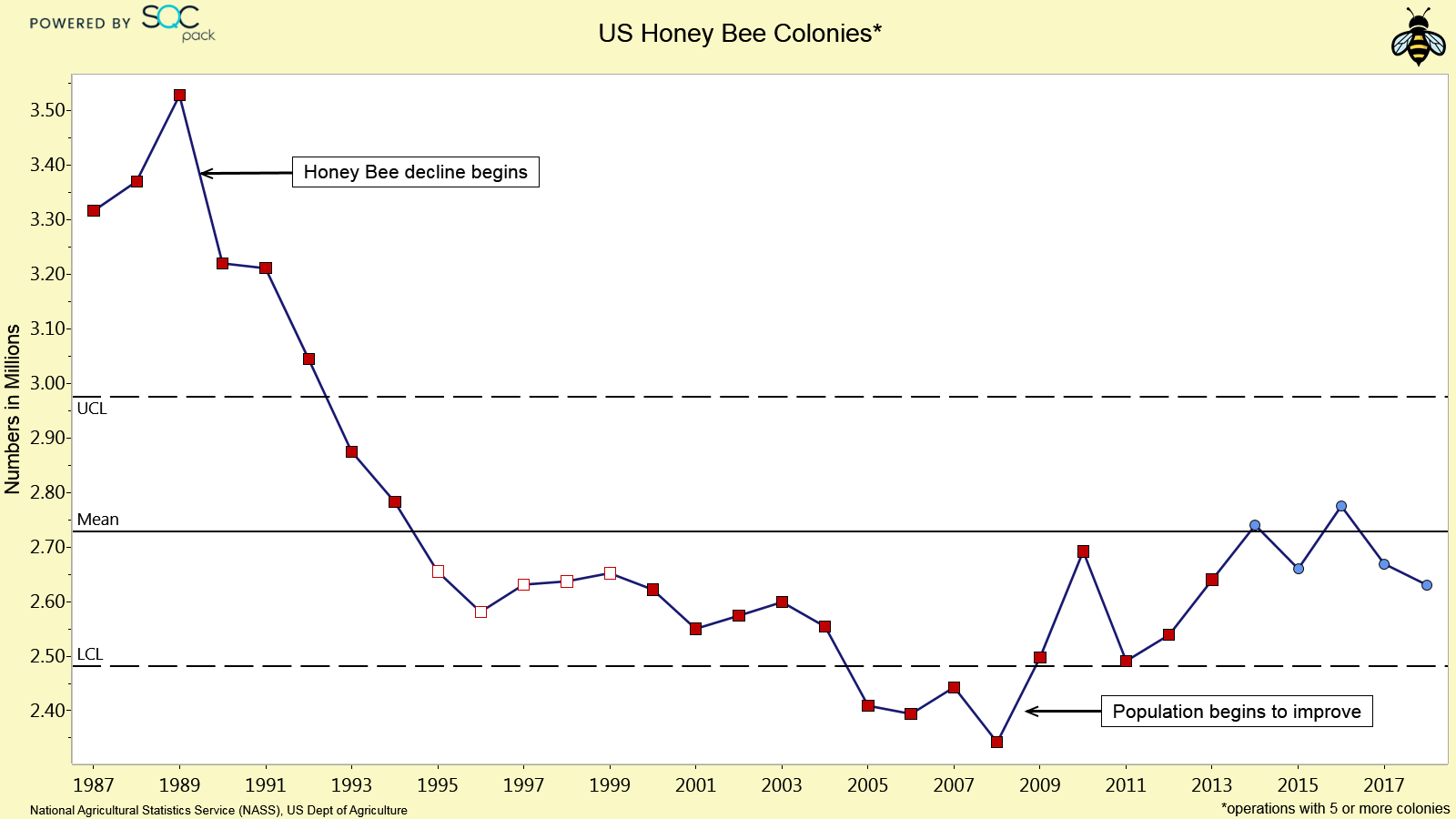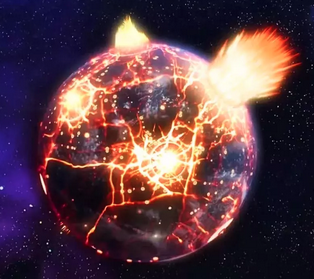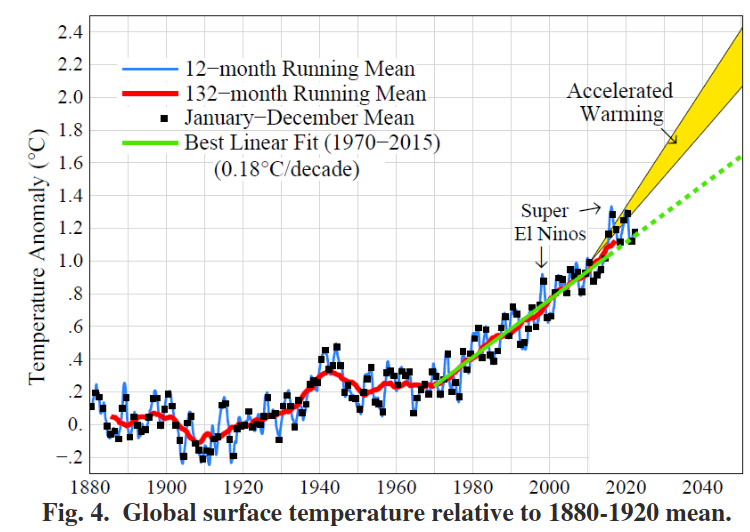- cross-posted to:
- [email protected]
- [email protected]
- cross-posted to:
- [email protected]
- [email protected]
This is a good, concise and readable guide to the major data points about global warming.
I quite agree and recommend everyone give this a read.
Do you have any objection to my pinning this post to the top?
No, no objection at all. I think it’s probably one of the only posts people need to read about our current situation. I was looking for another document I had about working through the grieving process for life on the planet and if I manage to find that I’ll post it too.
Thank you.
This statement is rather questionable: “Humans, along with most other animals, will go extinct before the end of this century.”
While I’d read more to see their reasoning, I’d doubt even endangered is a stretch within 2100. Unless they predict an event like meteor strike, there are well adapted communities living off in remote, extreme conditions with very little reliance on modern civilization. Even in a wide collapse of our soceity, many of them might still still scrape by.

When the honeybees are gone, humanity’s demise is certain.
Possibly, but not for all that long if the plankton are all gone
I didn’t know that the IPCC was an international form subject to influence from delegates interested in shifting blame, but Sam Hall does a good job explaining why we may end up with a worse outcome than had been modeled before.
I don’t think that humans will go extinct, even if most of our systems fail, insects mostly disappear, plankton dissolve, and we experience 10C warming over 1500 years.
Based on what I read in the article, if humans don’t go extinct it will be a very close call. There’s a small chance that maybe some hunter-gatherer tribes located in ideal areas will survive because humans are so adaptable and resourceful, but it seems civilization as we know it will definitely end.





